Description
Disodium Laureth Sulfosuccinate: The Gentle Cleanser You Should Know About
In the world of skincare and haircare, we’re constantly bombarded with ingredient lists that can feel like a foreign language. One ingredient you might have spotted is Disodium Laureth Sulfosuccinate. While the name might sound intimidating, it’s actually a mild and effective surfactant, playing a key role in creating the lather and cleansing power of many of our favorite products.
So, what exactly is Disodium Laureth Sulfosuccinate, and why is it becoming increasingly popular? Let’s dive in.
What is Disodium Laureth Sulfosuccinate?
Disodium Laureth Sulfosuccinate (often abbreviated as DLS) is a surfactant, specifically an anionic surfactant. Surfactants are compounds that lower the surface tension between two liquids, or between a liquid and a solid. This allows water to mix with oil and dirt, effectively lifting them away from the skin and hair for thorough cleansing.
It’s derived from ethoxylated lauryl alcohol, which is then reacted with sulfosuccinic acid. This process transforms it into a gentle yet effective cleansing agent.
Why is it Used in Cosmetics and Personal Care Products?
DLS boasts several benefits that make it a valuable ingredient in a wide range of products:
- Mild Cleansing: Unlike harsher sulfates like Sodium Lauryl Sulfate (SLS) and Sodium Laureth Sulfate (SLES), DLS is considered much gentler on the skin. It’s less likely to strip away natural oils, leading to dryness, irritation, and potential skin disruption.
- Effective Cleansing: Despite its mildness, DLS is still an effective cleanser. It efficiently removes dirt, oil, and impurities from the skin and hair.
- Good Foaming Agent: DLS contributes to the luxurious lather we often desire in shampoos, body washes, and other cleansing products.
- Low Irritation Potential: Its gentle nature makes it a suitable choice for those with sensitive skin, allergies, or conditions like eczema.
- Biodegradable: Compared to some other surfactants, DLS is considered relatively biodegradable, making it a more environmentally-friendly option.
- Versatility: DLS can be used in a variety of formulations, from shampoos and body washes to facial cleansers and even baby products.
Where Can You Find It?
You’ll typically find Disodium Laureth Sulfosuccinate in products designed for:
- Sensitive Skin: Many brands targeting sensitive skin will opt for DLS as their primary surfactant.
- Babies and Children: Given its gentle nature, it’s a common ingredient in baby washes, shampoos, and bubble baths.
- Color-Treated Hair: Shampoos formulated for color-treated hair often contain DLS to prevent stripping the color and drying out the hair.
- Facial Cleansers: Its mildness makes it a good choice for face washes, helping to cleanse without over-drying the skin.
Is it Safe?
Yes, Disodium Laureth Sulfosuccinate is generally considered safe for use in cosmetics and personal care products. Numerous studies and expert reviews have deemed it safe at the concentrations typically used in these products. The Cosmetic Ingredient Review (CIR) Expert Panel has assessed DLS and concluded that it is safe for use in cosmetics.
The Bottom Line
Disodium Laureth Sulfosuccinate is a valuable ingredient that offers effective cleansing while being gentle on the skin. If you’re looking for products that are less likely to cause irritation or dryness, keep an eye out for this ingredient on the label. It’s a testament that effective cleansing doesn’t have to come at the cost of skin health and comfort. So next time you’re browsing the aisles, remember the name – Disodium Laureth Sulfosuccinate – the gentle cleanser that delivers.


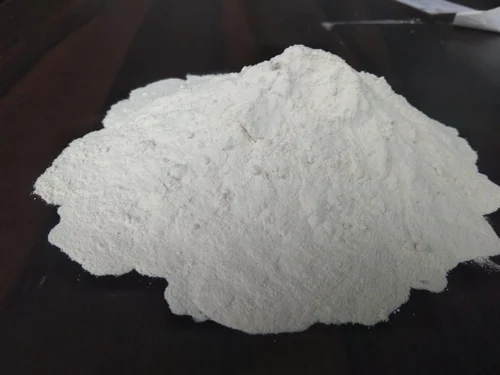
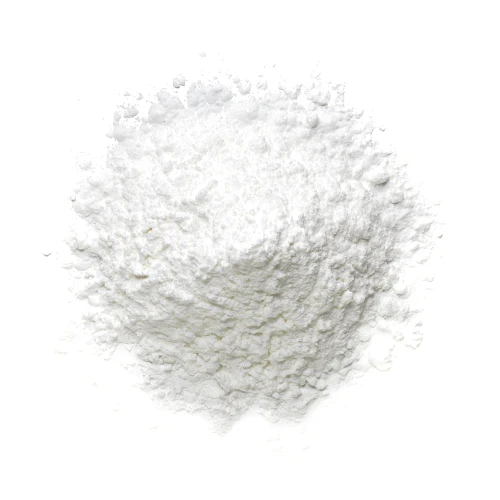
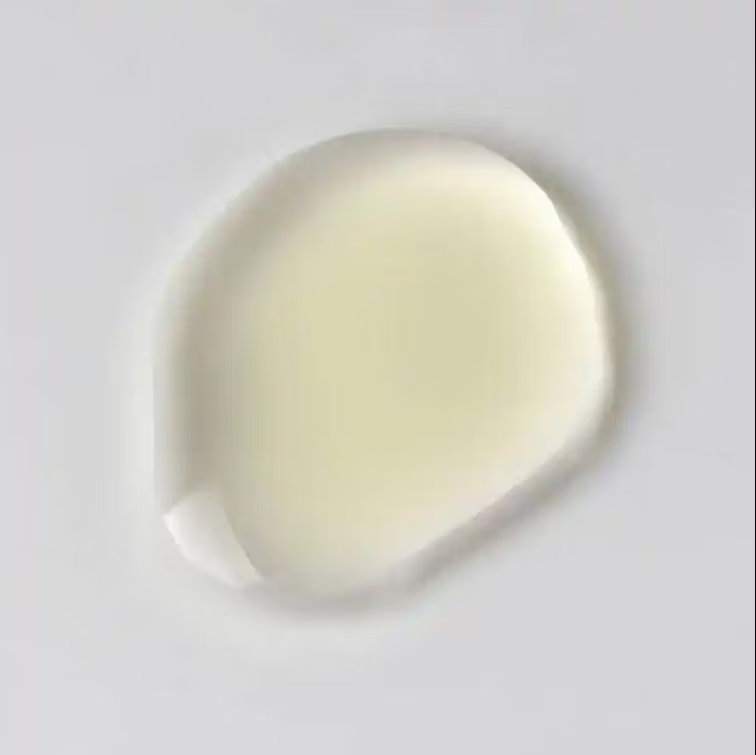

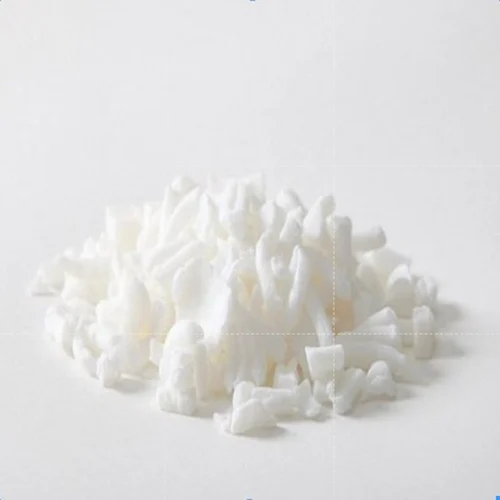

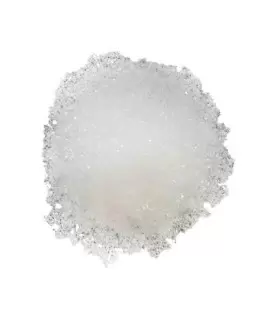
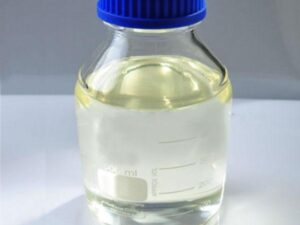
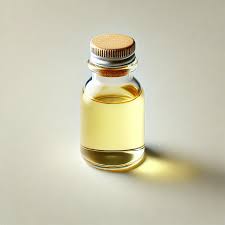

Reviews
There are no reviews yet.